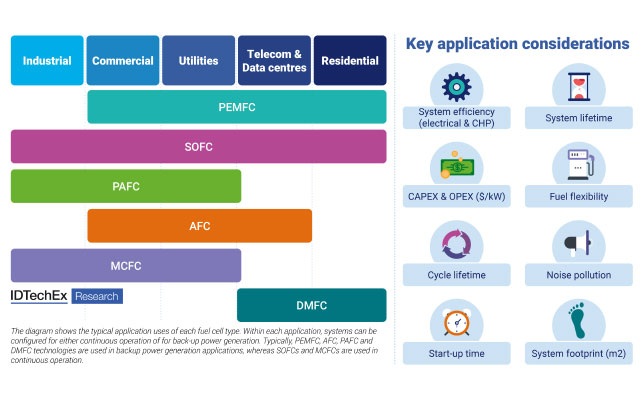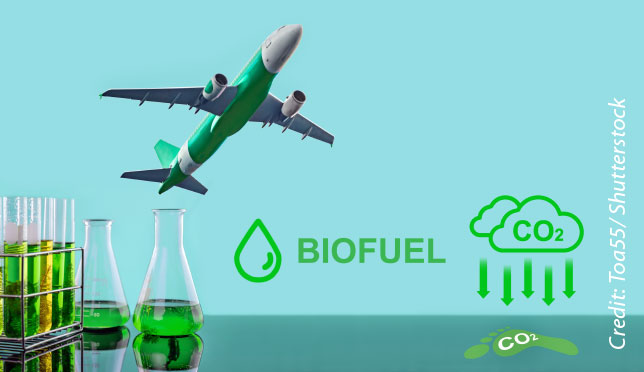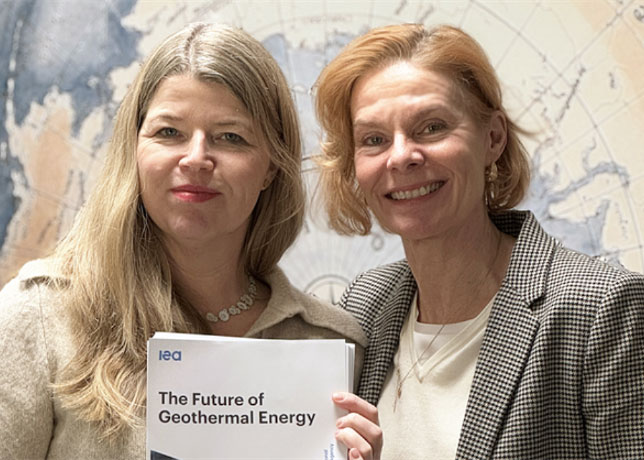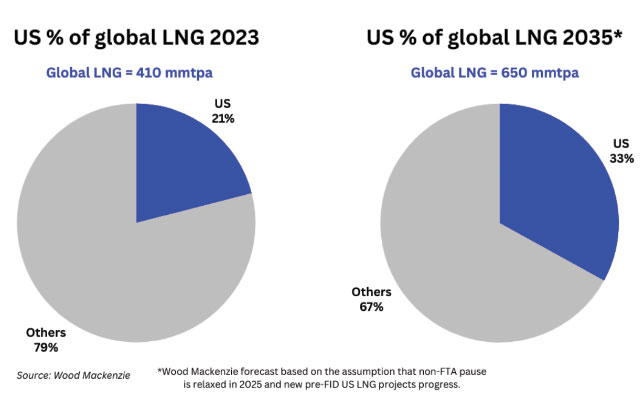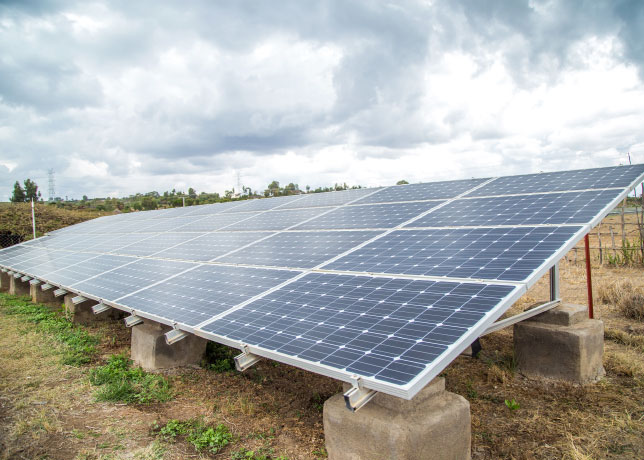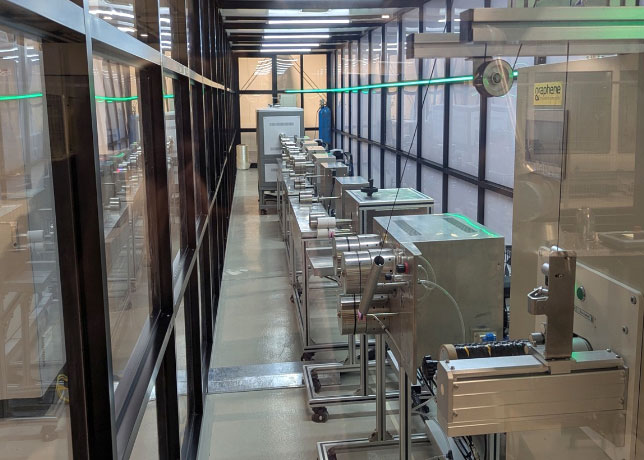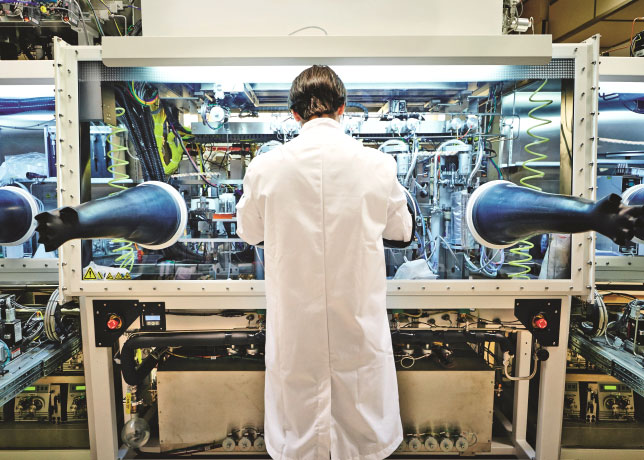
ExxonMobil, one of the largest publicly traded international energy companies, said it has expanded its five-year agreement with US-based Global Clean Energy to increase its purchase of renewable diesel up to 5 million barrels per year.
With this deal, ExxonMobil will be the exclusive buyer of renewable diesel from Global Clean Energy’s biorefinery in Bakersfield, California, which is on schedule to begin production in early 2022.
The renewable diesel leverages Global Clean Energy’s patented camelina crop, which can significantly reduce life-cycle greenhouse gas emissions.
"Our expanded agreement with Global Clean Energy reinforces ExxonMobil’s longstanding efforts to support society’s ambitions for lower-emission fuels," remarked Ian Carr, the president of ExxonMobil Fuels and Lubricants Company.
"Through our growing relationship, we remain focused on bringing renewable fuels to market that make meaningful contributions to help consumers reduce their emissions," stated Carr.
Based on analysis of California Air Resources Board data, renewable diesel from various non-petroleum feedstocks can provide life-cycle greenhouse gas emissions reductions of 40 per cent to 80 per cent compared to petroleum-based diesel.
When cultivated as a cover crop on rotational dryland, camelina can help meet the growing global demand for lower-carbon non-petroleum feedstocks.
Global Clean Energy Holdings CEO Richard Palmer said: "Our work at the Bakersfield biorefinery is a perfect example of what can be accomplished when an industry leader like ExxonMobil supports a growing renewables company like Global Clean Energy with long-term contracts."
“By working together across traditional agricultural, energy and supply chain lines, we are showing how ag and energy, big and small, can collaborate to bring lower-carbon fuels to market,” he stated.
The Bakersfield biorefinery will process up to 15,000 barrels per day of renewable feedstocks, including Global Clean Energy’s proprietary camelina.
The balance of renewable diesel will be produced using various non-petroleum feedstocks, including used cooking oil, soybean oil, distillers’ corn oil and other renewable sources, he added.-TradeArabia News Service












